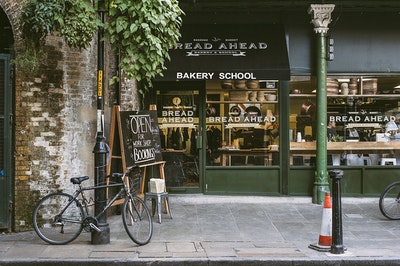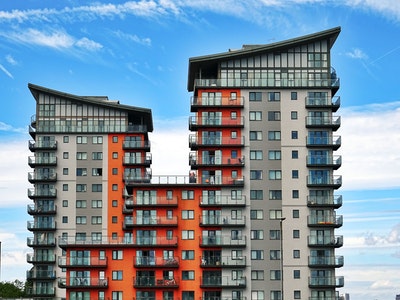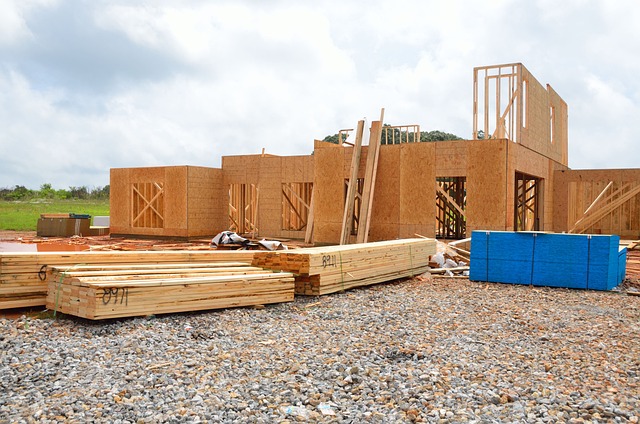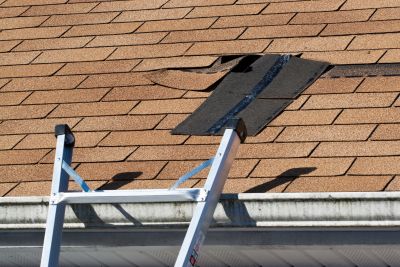Peace Of Mind: A Pragmatic Guide To Minimizing Stress When Buying A Home
 Buying a home is both an inspiring venture, while also being an undeniably stressful process.
Buying a home is both an inspiring venture, while also being an undeniably stressful process.
To make matters even more stress-loaded, purchasing a home now might be even more stressful as a result of the covid19 viral outbreak and the impacts government decisions have placed on the economy.
Even though rolling lockdowns have been lifted or lightened in several regions, the impact on the global economy remains a concern. These impacts directly affect property prices.
There is a reason that self-help books don’t work. They speak to an ideal world in which we can throw the off-switch on our anxieties and fears.
This juxtaposition became starkly apparent when we were researching property values, specifical homes for sale in Utah. Seeing the low prices that these properties must sell for now that the economy is all but dead is disconcerting.
Given the current economic climate and the future prospect of its recovery, it is most definitely a stressful time to consider buying any asset. Opportunities are opening up in the world of real estate that may make it worth your while to consider such a purchase. However, it will require the nerves of steel in the face of a massive economic recession.
We digress; the point is that sensible investment is never improved upon by adding unnecessary stress to it. The global economy is a mess, leaving us to face an endless and incomprehensible socio-economic crisis for which we have no frame of reference.
No book is going to fix it; you are supposed to be stressed. Just keep your wits about you and make sound decisions on prospective purchases.
Don’t Panic
There is a difference between panic and stress. Stress keeps you on your toes. Panic, on the other hand, is a rather useless affair. More so, it is dangerous.
A decision made while gripped by fear will be a decision you will have the opportunity to regret. This is the time to make well-informed and practical financial decisions.
Panic could go either way, perhaps causing you to purchase a financial sinkhole, leading you to hesitate to the point that you pass over the deal of a lifetime. There is a societal build-up of frustration due to lockdowns and loss of income.
It becomes far too tempting to become reactionary. Be vigilant in acting accordingly and sensibly, consider any prospective property, and its value as an asset thoroughly.
Stability
In terms of rash decision-making, there will undoubtedly be an influx of opportunities to make financial mistakes. When people start to flounder and act erratically, one can immediately read the instability in market prices.
Whether or not you’re a seasoned investor, the principle applies in equal measure. Look at the property from a market perspective. Does the area stand to lose value as economic turmoil leaves the specific area crippled? Is it perhaps an area that is likely to see gentrification despite a drop in overall property values?
While we are on the topic of value, you may be offered credit you cannot afford, or perhaps a second mortgage. These are the sort of things that could derail you at a later stage. The less debt you have, the safer you are.
Although no one can be certain at this early stage, some indications point to low-yield long-term rental returns being the sensible route to take, with many economists championing the merits of sober expectation when it comes to ROI.
One Eye Open
Because markets are almost cartoonishly erratic at this point, there will be some viable opportunities to capitalize. The most important thing here is to only go for it if you have expendable income complemented by full-time employment. There is inarguably no point in investing in property you cannot afford.
Should you be in this advantageous position then it is advisable to bridle your expectations when it comes to turning any profit; in other words, don’t expect too much from the property market over any given period of time.
There could certainly be more extreme dips around the corner. Your strategy needs to account for long periods of economic uncertainty.
Do Not Liquidate
This depends heavily on the type of assets in question. In the case of your home, specifically, if the mortgage is paid, you want to hang onto it.
Property is inherently a more stable investment, and historically market valuations have come back around after a recession. The financial strain may become overwhelming, but should you see it through you will come out on the other side with a tangible asset in hand.
If you do own additional properties, such as a getaway cabin or beach house, the prospect of selling becomes a bit more alluring. If it is going to save your family from financial ruin during- and see you through until the economy starts picking up again, then it is the lesser of the many losses you may well face. And this brings us to our final bit of advice.
Sell Before Losing
If you are going to lose an asset, especially one that has outstanding payments due, it is advisable to sell. Should you find yourself in precisely this sort of position down the line, you will find that having made pragmatic decisions should have minimized the loss you may incur.
If you took out a home loan to secure the property and you can’t pay your mortgage. It is better to cut your losses and sell the home to see if you can pay off the debt before foreclosure. This way, you will still have some hope of keeping a good credit score should you wish to purchase another home in the future.
Selling your new home is preferable to the alternative of foreclosure and having the bank sell your home at auction to cover the outstanding payments on the property. Be sure to pay off the due amount and make a clean break. We know that it is a deplorable situation to find one’s self in, but at least a smaller ship is better than a sinking ship.
Always keep in mind that if you can remain financially solvent, you can always replace most assets at a later stage. It is the time for austerity and sacrifice, all the while avoiding financial pitfalls and preparing for the challenges of reintegrating a pre-covid19 global society.






